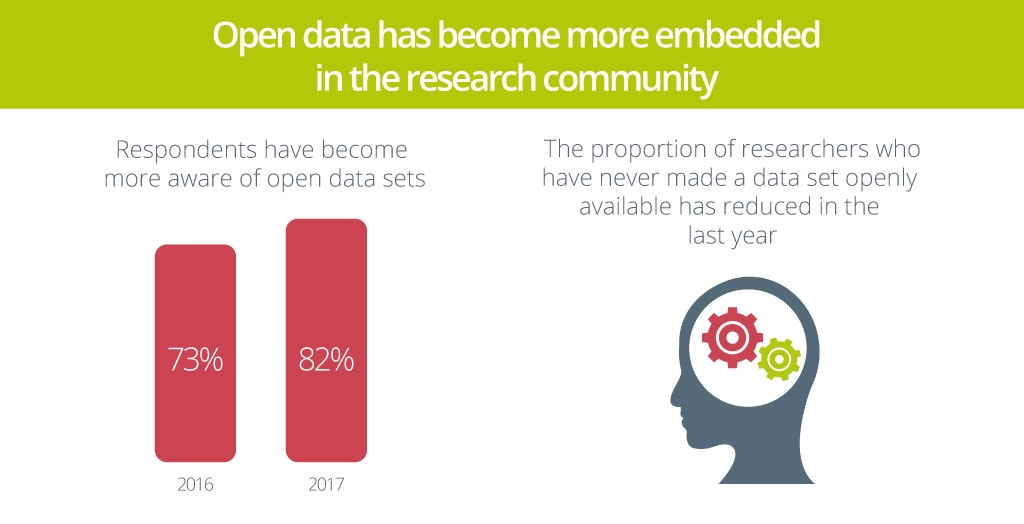US Government Considers Charging for Popular Earth-Observing Data
Images from Landsat satellites and agricultural-survey programme are freely available to scientists - but for how long?
Send us a link
Images from Landsat satellites and agricultural-survey programme are freely available to scientists - but for how long?
Commission Recommendation of 25 April 2018 on access to and preservation of scientific information.
Facebook has recently announced a substantial tightening of access restrictions to the APIs of Facebook, Instagram, and other platforms it owns. While these changes may generate some positive publicity for the company, they are likely to compound the real problem, further diminishing transparency and opportunities for independent oversight.

Artificial intelligence could speed up metagenomic studies that look for species unknown to science.
It’s time for scholars to ask whether today’s data preservation technologies align with open scholarship’s values of access, preservation, privacy, and transparency.
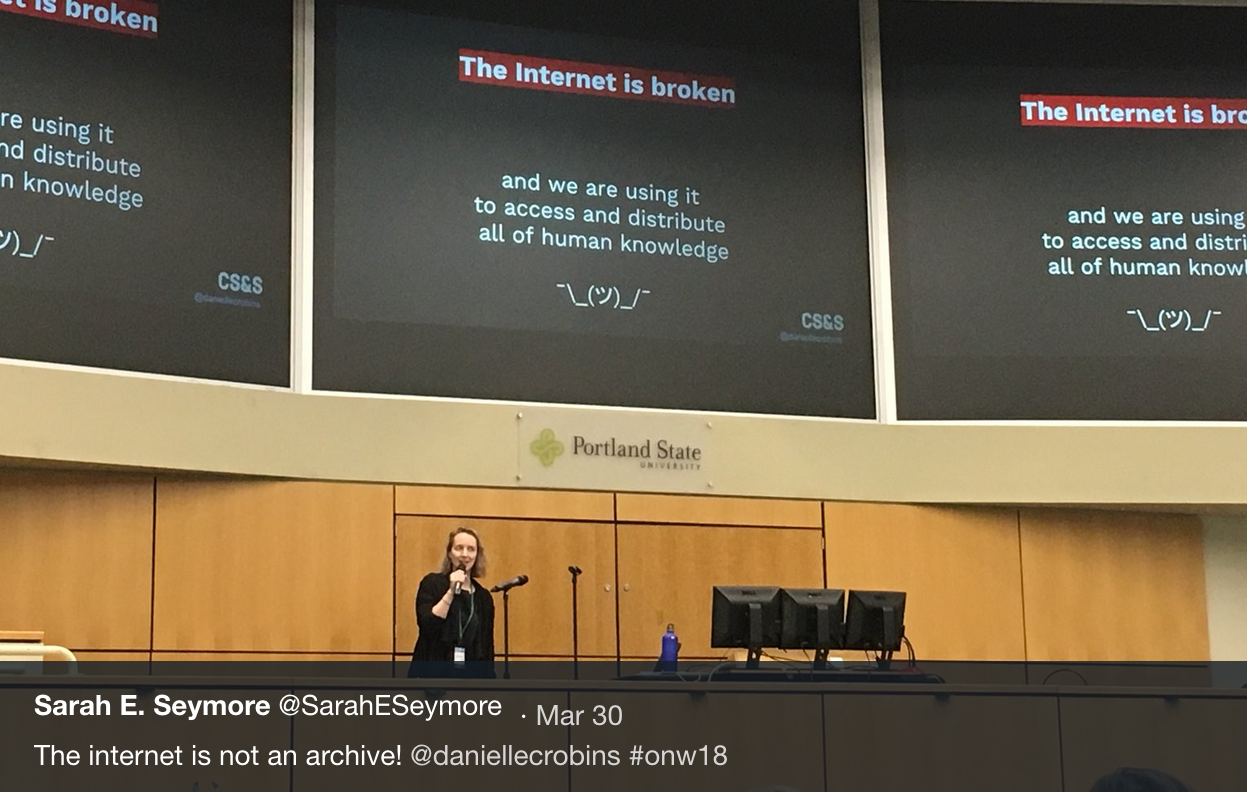
The regulations issued by the State Council aim to improve the management, security, accuracy, and openness of scientific data.

Elsevier has launched Mendeley Data, a new, cloud-based platform designed to help universities and researchers manage, share and showcase their research data. With Mendeley Data, researchers can safely record and share research data while improving its reuse via publication, while universities can showcase institutional outputs and improve their collaboration rate.
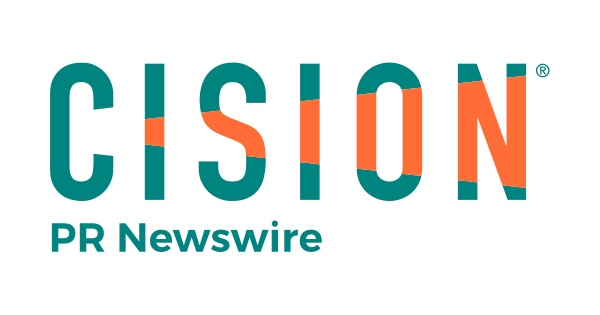
A scandal over an academic’s use of Facebook data highlights the need for research scrutiny.
Keeping your research data freely available is crucial for open science — and your funding could depend on it.
An overview of the landscape of online data infrastructures, and highlight the key points to consider when using open data.
A set of criteria behind PLOS recommended data repositories.
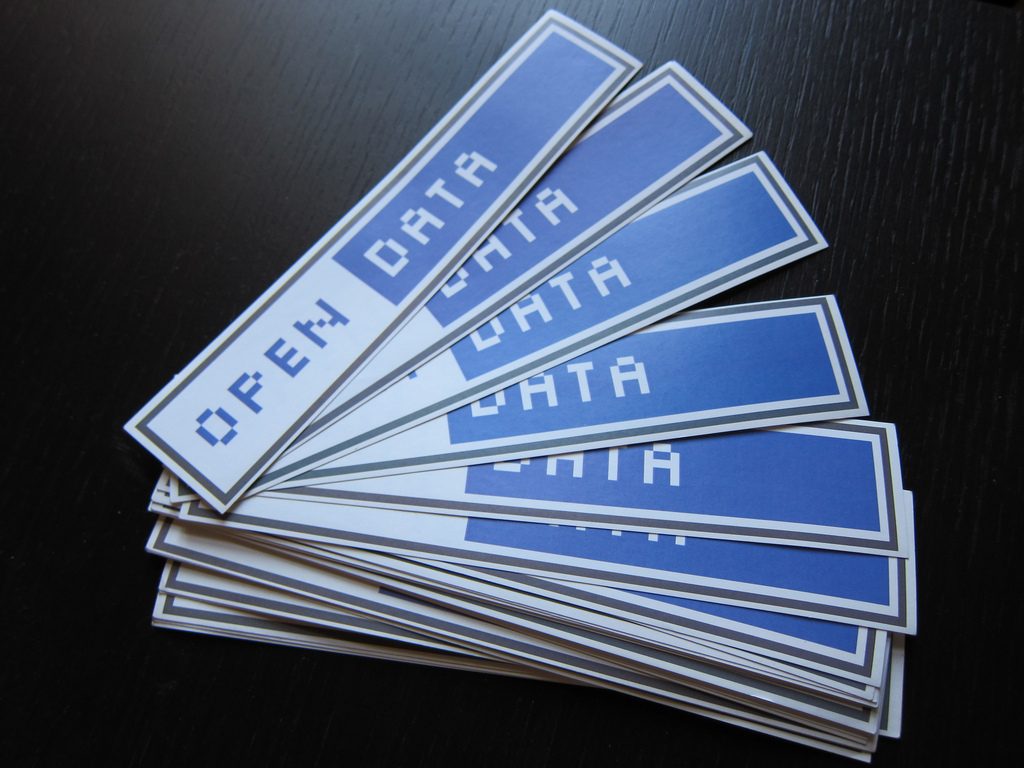
FAIRsharing.org: a series of open data resources and tools, and an outlet for the developers and maintainers of these resources to emphasize the approach they take to ensure the data they host and serve are increasingly FAIR.
A free, open-source, online application that helps researchers create data management plans complying with funder requirements.

Science Europe and the Netherlands Organisation for Scientific Research have launched an initiative for the voluntary international alignment of research data management policies.
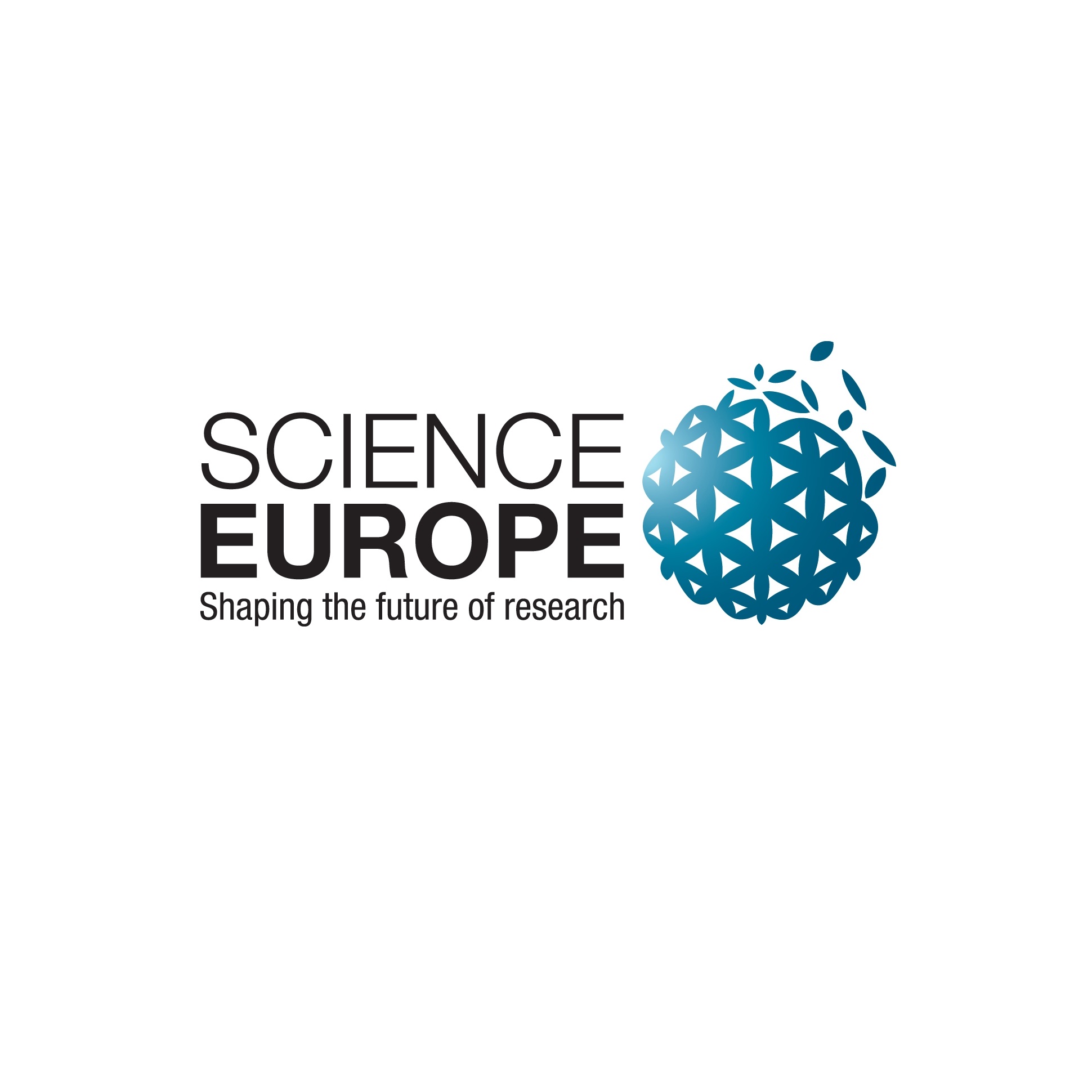
There is a significant discrepancy between the reality of academic publishing and the optimism of politicians and science functionaries who praise Open Access as a panacea for all the ills afflicting science culture.

The reporting of clinical trial results to a public database has improved sharply in the last two years, with universities and other nonprofit research centers leading the way.
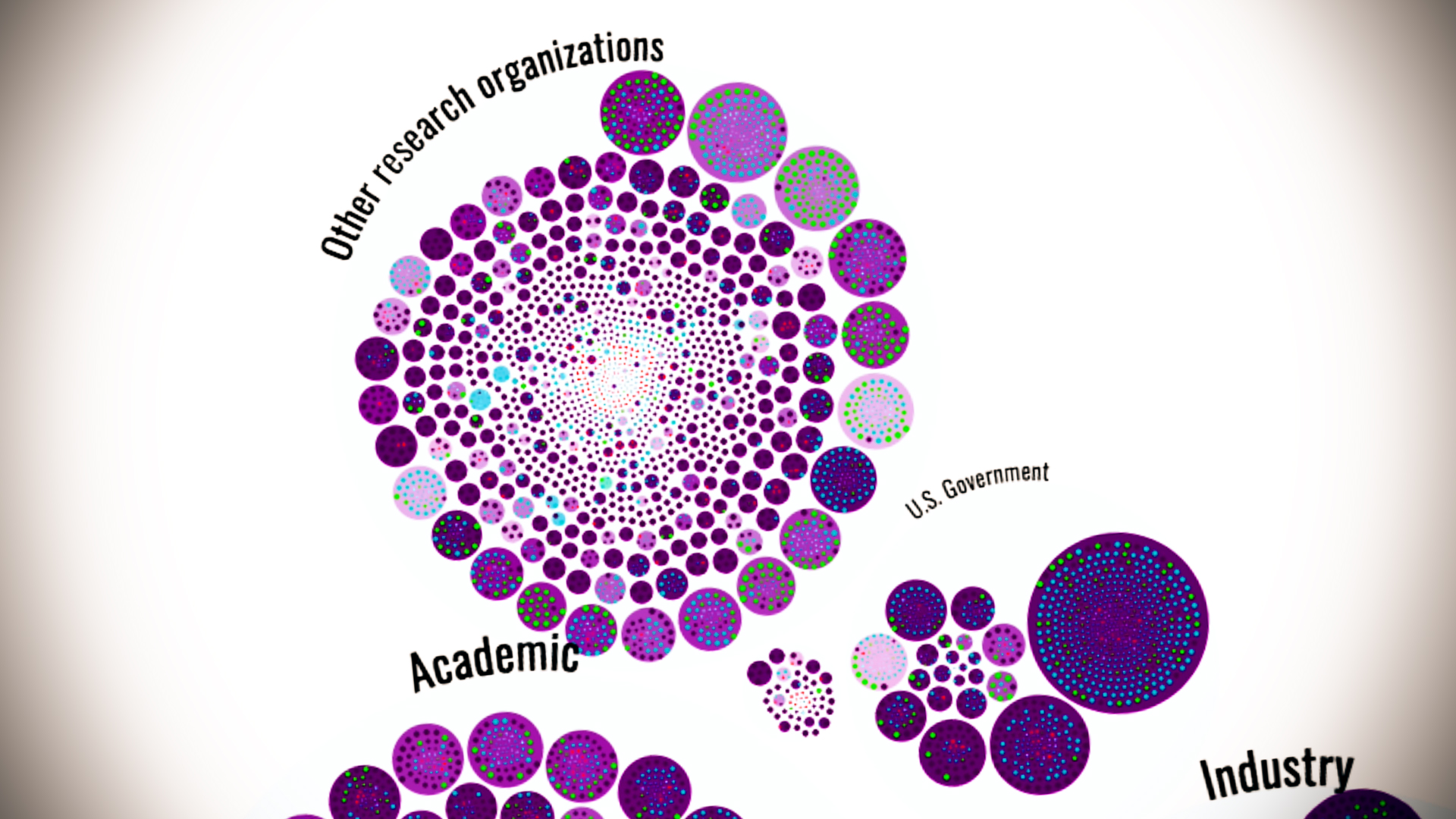
Article showing that the perceived efficacy and efficiency of data reuse are strong predictors of reuse behavior, and that the perceived importance of data reuse corresponds to greater reuse.
On the need to recognise good practice, engage researchers early in their career with research data management and use peers to talk to those who are not ‘onboard’.
When statistical fudging is buried in the way data are sliced and diced after the fact or put through tortured analysis in a search for significant results.

The Good Pharma Scorecard finds some big pharmaceutical companies are meeting legal standards for disclosing results—but many studies still go unreported.
Text and data mining made easy with the allofPLOS project. Parsing tools together with the entire corpus of PLOS research articles for download.
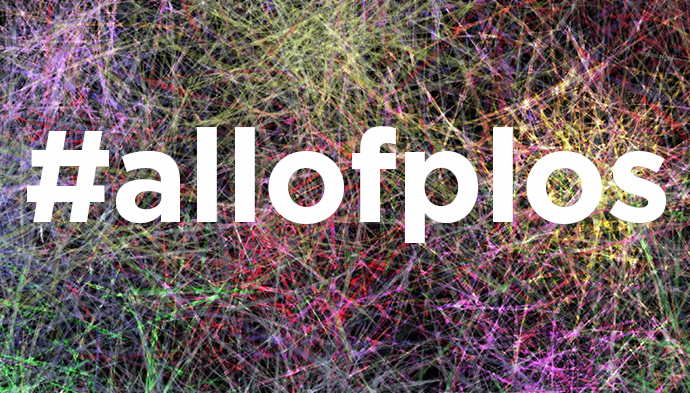
Fostering collaboration and good data practices in faculties.

The preservation of software has become as essential as preserving research articles and data sets.
On the important role of professional medical writers in improving the quality of reports on clinical trials.
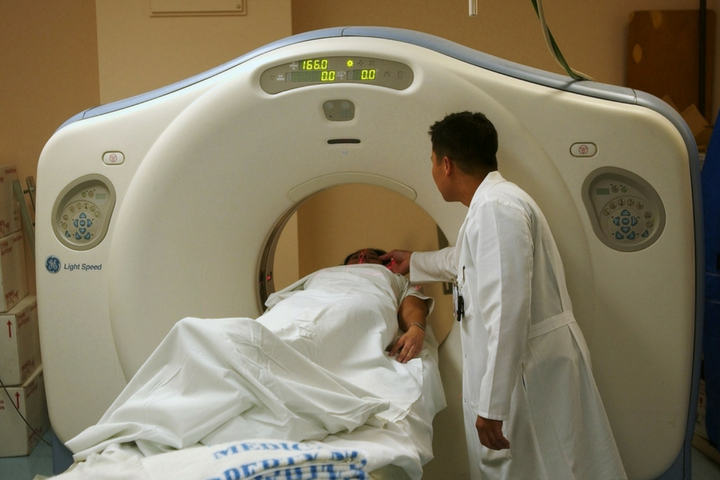
The Wellcome Trust, the Medical Research Council, Cancer Research UK, and the Bill and Melinda Gates Foundation share a common vision for maximizing the value of data that are generated through the trials they fund.
The League of European Research Universities (LERU) proposes four golden principles for enhancing the competitiveness of medium-sized research infrastructures in Europe.
Investigating the implementation of data management and sharing requirements within development research projects.
Ideas and data can interact, and our work can certainly benefit from the bad ideas that, in the short-term, do not seem to directly benefit discovery.
How to make widespread open data a reality.
